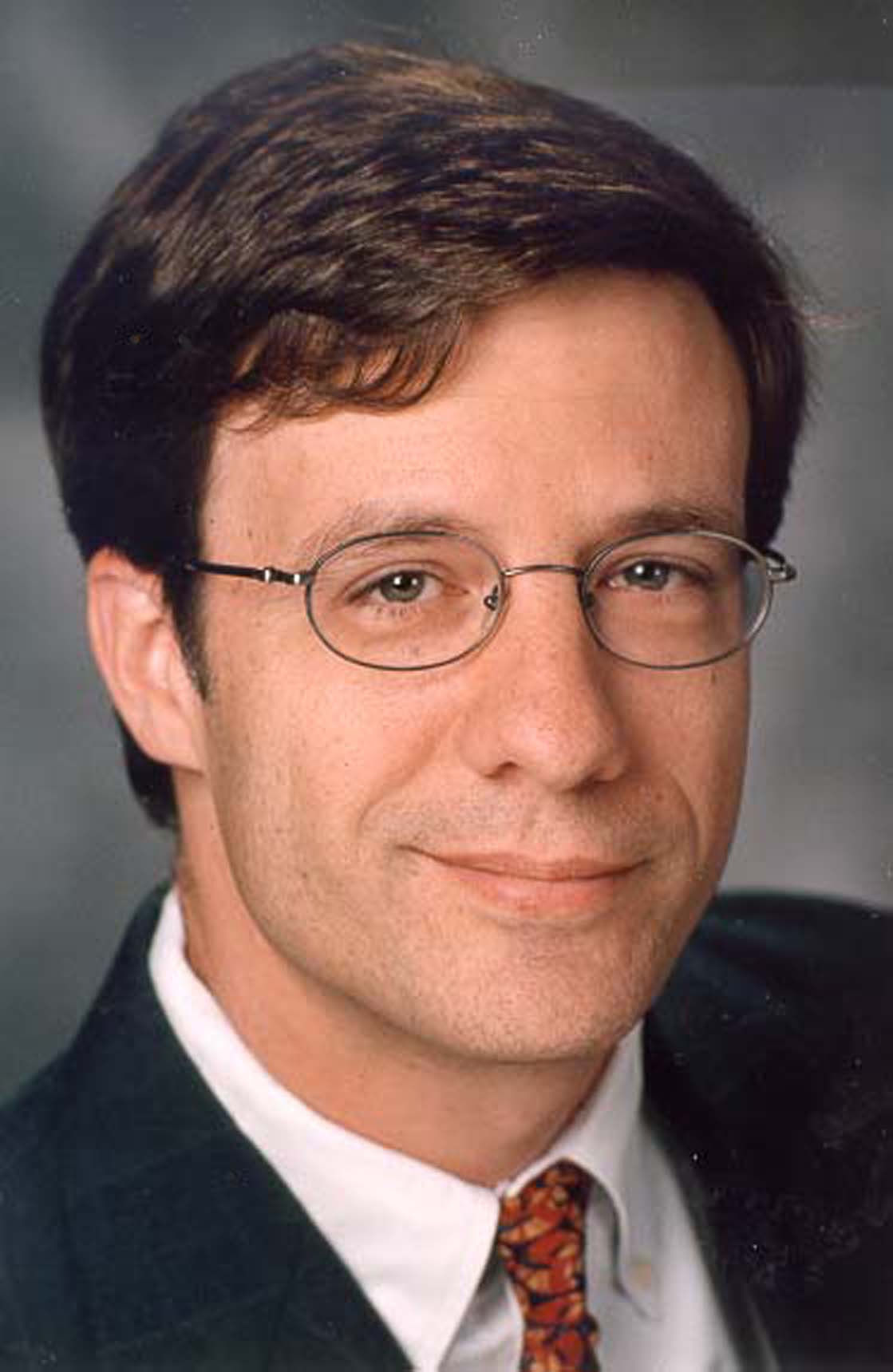| [http://tlpj.org/left_nav_interior.htm]
|
Florida Supreme Court Rules That Borrowers Cannot Be
Forced to Arbitrate Challenge to Payday Loan Contract
The Supreme Court of Florida has refused to enforce a binding mandatory arbitration clause in a payday loan contract charging interest rates of up to 1,300 percent, and ruled that low income borrowers can not be forced to arbitrate their claims that the loans violated state usury laws. Trial Lawyers for Public Justice (TLPJ) and a team of consumer advocates representing borrowers are challenging the legality of the high interest "payday loan" rates charged by Buckeye Check Cashing – a nationwide company with over 90 locations – and successfully argued that consumers cannot be forced out of court and into arbitration. The Court’s January 20, 2005, decision held that Florida courts must first decide whether a legal agreement exists before enforcing the agreement’s binding mandatory arbitration (BMA) clause. The 5 to1 ruling overturned the decision of Florida’s Fourth District Court of Appeals, which held that Buckeye’s BMA clause should be enforced even though the plaintiffs were challenging the legality of the entire payday loan contract. "Payday lending companies like Buckeye that charge interest rates up to 1,300 percent should not be allowed to shield these illegal loan-sharking schemes by forcing borrowers into private arbitration," said TLPJ Staff Attorney F. Paul Bland, Jr., who argued the appeal. "The Florida Supreme Court was completely correct that companies cannot use an illegal contract to force consumers to give up their day in court."
Plaintiffs John Cardegna, Donna Reuter, and thousands of other Florida residents borrowed money from Buckeye and received immediate payments of cash in exchange for post-dated personal checks for substantially greater sums of money. When the time came for Buckeye to cash the checks, borrowers who could not afford the greater amount due were allowed to "roll over" the loan by paying an additional "fee" equal to the difference between the amount owed and the amount borrowed, even though they did not receive any additional loan. These added "fees" on deferred payments produced interest rates between 137 percent and 1,317 percent. Cardegna and Reuter filed suit against Buckeye on behalf of all its Florida borrowers, alleging that Buckeye’s "deferred check-cashing" transactions were actually usurious consumer loans wherein low income borrowers were required to pay exorbitant interest rates in violation of numerous state consumer protection statutes. Buckeye responded by moving to compel arbitration, arguing that all of its borrowers should be forced out of court and into individual private arbitration proceedings pursuant to the BMA clause in its loan contracts. "Buckeye wanted to force our clients into secret arbitration proceedings so no court could ever issue a binding judgment saying that its ‘check-cashing’ business is an illegal scheme to commit usury," said Richard M. Fisher of Cleveland, Tennessee, who is co-lead counsel for the plaintiffs. "If Buckeye had pulled off this gambit, it would have been impossible for us to publicly vindicate the rights of thousands of Floridians." The Florida trial court initially denied Buckeye’s motion for arbitration, but the Fourth District Court of Appeals reversed and held that the plaintiffs’ claims that Buckeye’s loan contracts were illegal and void had to be resolved through arbitration. The state supreme court granted review and then reversed the appeals court, holding that "an arbitration provision in a contract which is void under Florida law cannot be separately enforced while there is a claim pending . . . that the contract containing the arbitration provision is itself illegal and void ab initio." "We are pleased that the Supreme Court found that our clients are entitled to their day in court," said Chris Casper of James, Hoyer, Newcomer & Smiljanich in Tampa, who is also co-lead counsel for the plaintiffs. "Now, we have the chance to hold Buckeye accountable for its repeated violations of Florida’s usury and consumer protection laws." In addition to Bland, Fisher, and Casper, plaintiffs were also represented by E. Clayton Yates of Fort Pierce, Florida. The decision and TLPJ’s key legal brief in Cardegna v. Buckeye Check Cashing, Inc. are posted on TLPJ’s website, www.tlpj.org. ### Trial Lawyers for Public Justice is the only public interest law firm dedicated to using trial lawyers’ skills and resources to advance the public good. Founded in 1982, TLPJ utilizes a network of more than 3,000 of the nation’s outstanding trial lawyers to pursue precedent-setting and socially significant litigation. TLPJ has a wide-ranging litigation docket in the areas of consumer rights, worker safety, civil rights and liberties, toxic torts, environmental protection, and access to the courts. TLPJ is the principal project of The TLPJ Foundation, a not-for-profit membership organization headquartered in Washington, DC, with a West Coast office in Oakland, California. The TLPJ web site address is www.tlpj.org. TLPJ’s Florida State Coordinators are James L. Ferraro of Miami, tel. (305) 375-0111, and Stacey Mullins of Boca Raton, tel. (561) 395-0000. |
